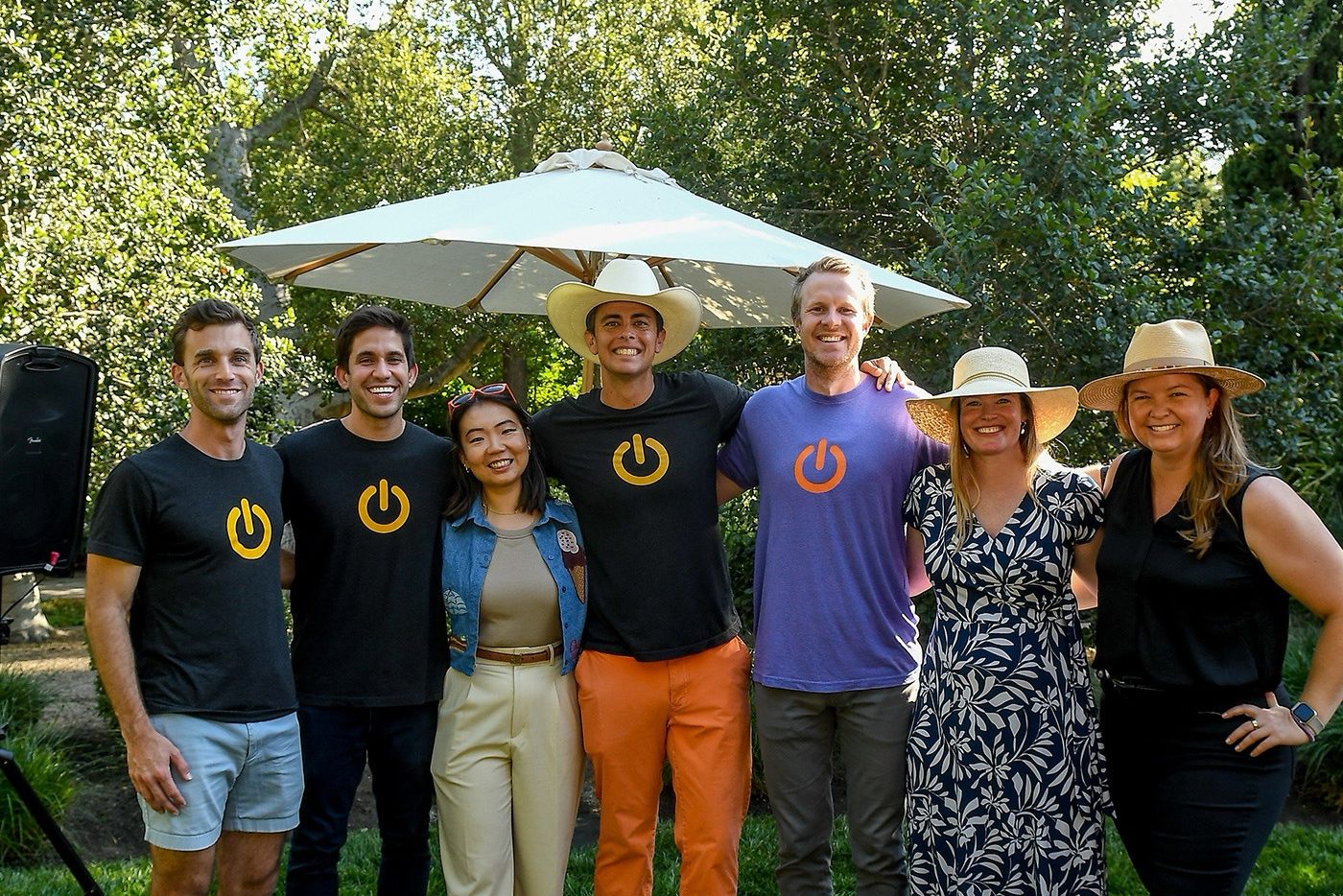The Draper family is the closest Silicon Valley has to a royal family. The progenitor, William Henry Draper Jr., created one of the first West Coast venture outfits in 1959, with the family’s web sprouting more than a dozen firms in the following decades, from Sutter Hill Ventures to Draper Associates. The dynasty even has its own reality show.
Adam Draper has been carving out his own name as part of the family’s fourth generation. The great-grandson of William and son of the Bitcoin evangelist Tim Draper, Adam dropped out of UCLA to try his hand at the startup game, founding a secondary marketplace called Xpert Financial. He realized that his heart was in investing, creating a crowdfunding platform that soon pivoted into his own venture firm, Boost VC, which focused on writing pre-seed checks to startups.
Now, 13 years later, Boost VC has raised its fourth fund, an $87 million vehicle backed mostly by family offices and high-net worth individuals, including his father, grandfather, and cousin. (“When your cousin invests some money in you, you go, ‘Oh my gosh, I can’t lose this money,’” Adam jokes.)
I ask Adam the inevitable question, which he says he doesn’t often get: How does he feel about the term nepo baby? “No one talks about nepotism when it’s farmer to farmer in generations,” he replies. “They talk about it when it has to do with capital or power.”
As Adam explains it, venture is the Drapers’ trade—he even wrote a book about the lessons that his grandfather passed to him, describing VC as “the art form of our family.” And more importantly, Adam has the track record to back it up, with many of the deep tech startups that he has backed reaching late stages or going public, including the $10 billion Colossal Biosciences, which claims to have brought back the dire wolf from extinction, as well as Coinbase. According to Boost’s figures, the firm’s first two funds from 2013 and 2016 have had DPI, a venture metric for how much capital is paid back to investors, of 2.15x and 4.35x, respectively.
Though the Draper family now is best known for its enthusiasm around crypto, including Tim’s iconic decision in 2014 to purchase 30,000 Bitcoin auctioned off by the U.S. government from the Silk Road raid, Boost invests across different sectors in what it calls deep tech, comprising everything from space to bioscience. Adam’s cofounder, Brayton Williams, says they average a deal a week.
While that pace might conjure questions of due diligence, Williams says that around 90% of their deals are referred to them by trusted sources. “You’re still typically taking three calls per founder, but we always generally believe more diligence does not get you to a better decision,” he says, citing its investment in Radiant Nuclear, which they made during their first 20-minute meeting with the company. (Radiant, which plans to launch the first new commercial reactor in over 50 years, just closed a $165 million Series C in May.)
“You’re basically just judging, can this person do what they say they’re going to do, and are they committed for the next 20 years to do that thing,” says Williams. For their part, the Drapers seem committed for at least one more generation.
Leo Schwartz
X: @leomschwartz
Email: leo.schwartz@fortune.com
Submit a deal for the Term Sheet newsletter here.
Joey Abrams curated the deals section of today’s newsletter. Subscribe here.
VENTURE DEALS
- Nscale, a London, U.K.-based hyperscaler, raised $1.1 billion in Series B funding. Aker ASA led the round and was joined by Sandton Capital, Blue Owl Managed Funds, Dell, Fidelity Management & Research Company, G Squared, Nokia, NVIDIA, and others.
- Factory, a San Francisco-based developer of AI technology for software development, raised $50 million in Series B funding from NEA, Sequoia Capital, Nvidia, J.P. Morgan, and angel investors.
- Flox, a New York City-based platform designed to simplify software development life cycles, raised $25 million in Series B funding. Addition led the round and was joined by NEA, the D. E. Shaw group, Hetz Ventures, and Illuminate Financial.
- Anything, a San Francisco-based app development platform, raised $11 million in Series A funding. Footwork led the round and was joined by M13.
- Anode, a San Francisco-based provider of on-demand power from mobile microgrids, raised $9 million in seed funding. Eclipse led the round.
- Maximor, a New York City-based developer of agentic AI technology for CFOs, raised $9 million in seed funding. Foundation Capital led the round and was joined by Gaia Ventures, Boldcap, and angel investors.
PEOPLE
- Battery Ventures, a Boston, Mass.-based venture capital firm, promoted Marcus Ryu to general partner.













